Carney is walking a political tightrope on our energy future
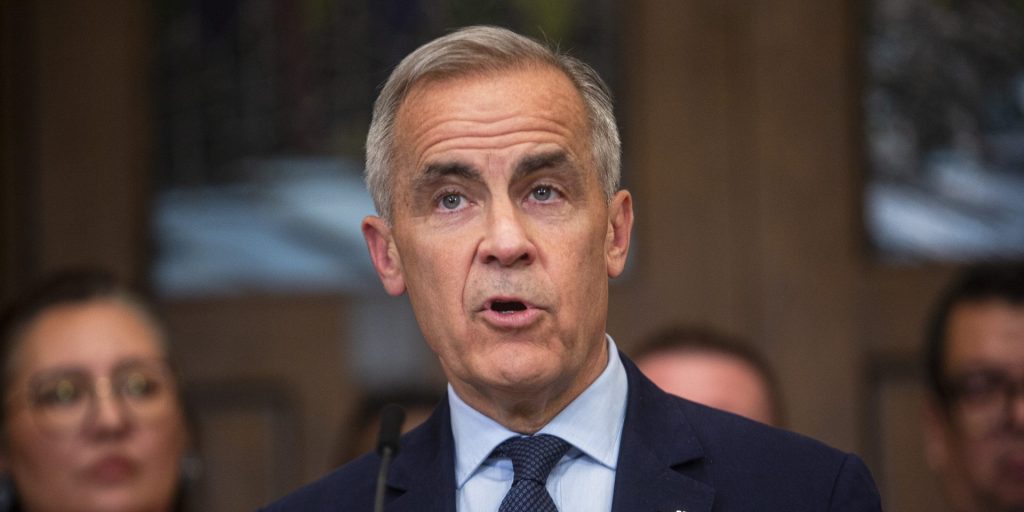
Clean energy is the path forward. Markets will eventually turn against fossil fuels, leaving taxpayers to shoulder the financial burden of supporting new infrastructure that lacks long-term payoff.
An Indigenous-led second port on Hudson Bay will help unite Canada
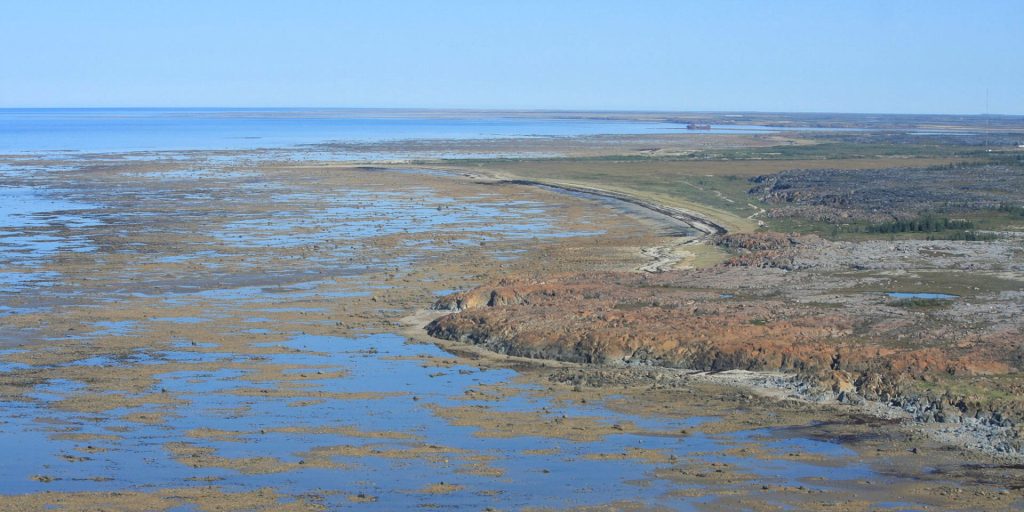
Currently, most of our products go to the easy market down south, but we have long been anxious to diversify our customer base.
What good is a social safety net that doesn’t catch you?

The government should rebuild the Canada Disability Benefit to uphold human rights.
An invitation to parliamentarians: let’s build an all-party men’s mental health caucus
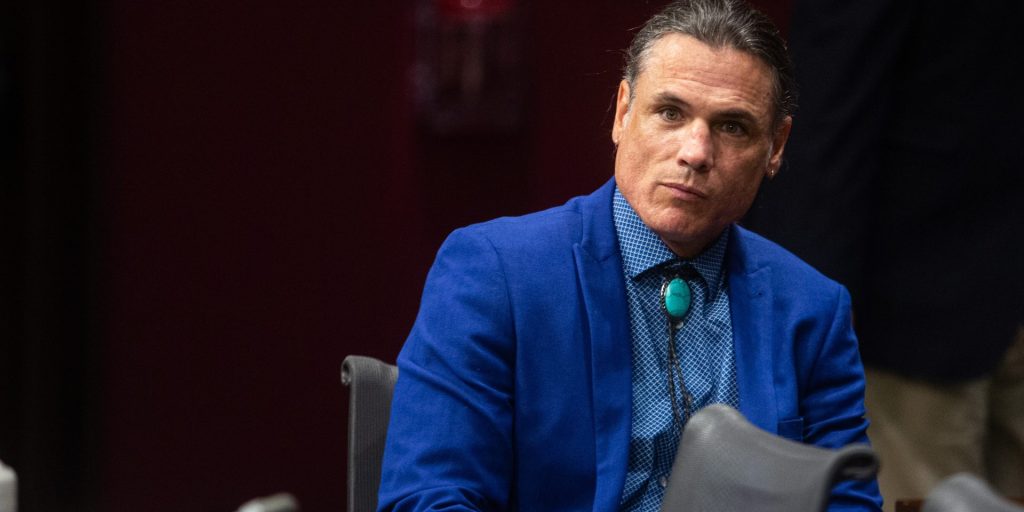
The caucus will look at what can be done in the realms of education, employment, family, mental health services and civic society, all with the aim of developing appropriate policy and legislation that can contribute to healthy men, healthy families and healthy communities.
Remembering the Lac-Mégantic rail disaster
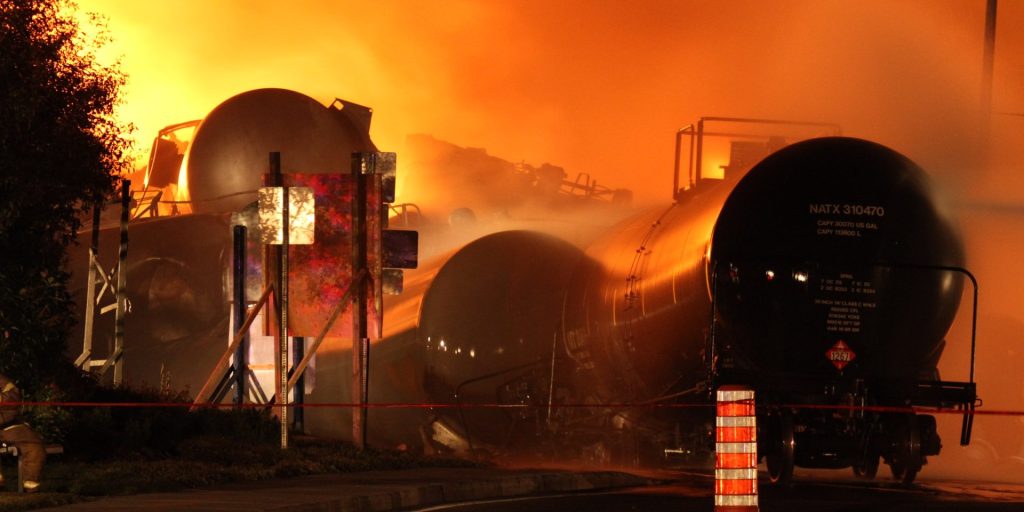
The deaths of 47 people who died in the 2013 tragedy were collateral damage from the culmination of policy decisions stretching back more than the previous three decades
Canada’s economic future runs on brain power
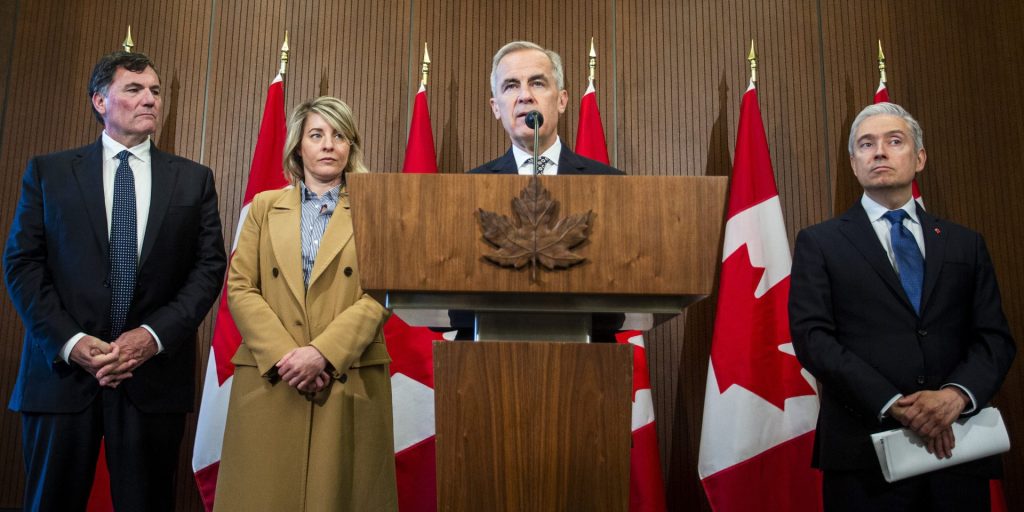
The brain economy is emerging, whether we shape it or not. Canada has the tools, the talent, and the momentum. What we need now is the leadership and co-ordination to match.
How AI regulation can drive Canada’s economic future
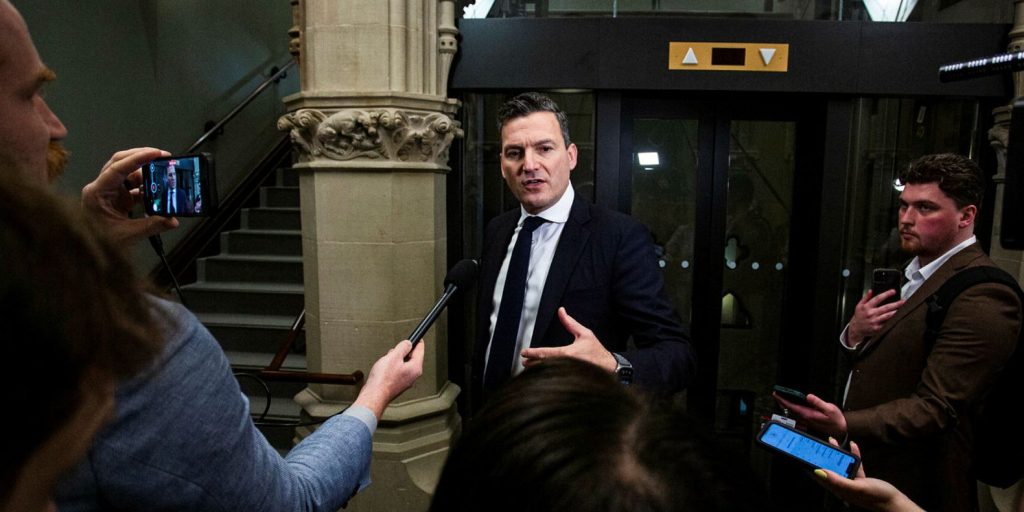
Prime Minister Mark Carney has pledged to build the economy of the future by using AI to unlock productivity and Canadian competitiveness. Many think this means avoiding AI regulation entirely. But at this transformative moment while we’re reimagining the economy, we also need to reimagine regulation if we want to truly secure AI’s economic benefits. […]
National dental care program is likely more costly than advertised

When first announced two years ago, the estimated price tag was $13-billion over five years, and then $4.4-billion ongoing.
Canadians’ right to a healthy environment is already being tested

Canada is deciding whether and how to regulate a class of toxic substances known as PFAS (polyfluoroalkyl substances), more commonly known as ‘forever chemicals.’
AI action plan: rewiring government for public good
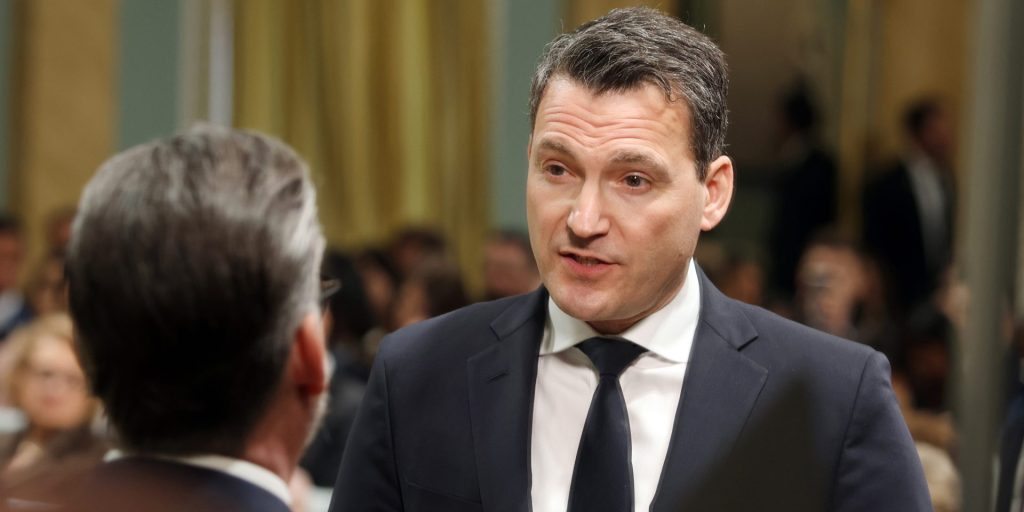
If Canada wants to turn its G7 presidency into something lasting, AI is a clear test.

